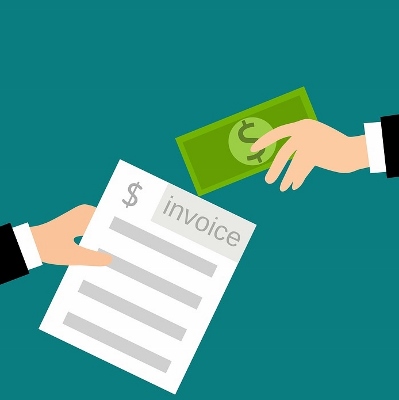
New study reveals the struggles many businesses face in getting paid during the COVID-19 pandemic
96 per cent of businesses have had outstanding payments for 10+ days over the last year, according to a new Forrester Consulting study commissioned by GoCardless, a leading fintech for recurring payments. The study, ‘Rethink Your Payment Strategy To Save Your Customers And Bottom Line’, examines how companies can use recurring payments solutions to boost their payments strategy, shorten DSO (Days Sales Outstanding), and protect their bottom line.
Forrester surveyed 700 payment decision-makers in organisations that serve a mix of businesses and consumers, or business customers only. The results highlight the extent to which lengthy DSOs and failed payments can impact customer churn and bad debt.
The study found that having a high DSO is a key operational challenge for many businesses. While only 4 per cent of businesses have a DSO of less than 10 days, the research shows four out of five Australian businesses have wait times of 20-30 days to receive payments. In addition to this, almost half (47 per cent) of businesses say that the time taken to collect their accounts receivables has increased in the last 12 months – this demonstrates the struggle for many businesses to get paid in the current challenging environment of COVID-19.
Another key finding is that failed payments continue to impact customer churn. In Australia, on average, failed payments result in churn 11 -15 per cent of the time. A Forrester Consulting study found that 50 per cent of firms experienced payment failures for 7 per cent or more of their payments in the last 12 months, and two in three businesses surveyed are seeing failed payments turn into churn more than 10 per cent of the time. This can negatively impact customer relationships, with over half (54 per cent) of decision-makers surveyed saying that payment failures lead to an increase in customer dissatisfaction.
Payment failures are also costly and labour-intensive for businesses to collect, with the average B2B business spending 16 – 20 per cent of the payment value to recover it. Half (51 per cent) of the businesses surveyed said that failed payments led to an increased cost of recovery, while 45 per cent of businesses say that payment failures turn into bad debt.
Hiroki Takeuchi, CEO, GoCardless said, “Forrester consulting findings demonstrate exactly why payments are high leverage. There are clear connections between failed payments and negative business impacts such as bad debt, churn and customer dissatisfaction. In this environment in particular, firms recognise the importance of recurring payment solutions that optimise their payment strategy and prevent failure, to avoid increased costs and damaging customer relationships. That’s why we developed Success+, which helps businesses efficiently recover an average of 76 per cent of failed payments.”
Further findings include:
86 per cent of enterprise companies have more than 20 full-time employees to handle recurring payments, primarily relying on CRM, billing, and accounting systems
59 per cent of businesses say that higher churn rates result in increased chargeback rates, whilst 57 per cent of businesses say that higher churn rates result in an increase in customer service contact
On average, B2B businesses spend 16 – 20 per cent of the payment value to recover the payment. If a business has $100m in annual revenue, with a 7 per cent payment failure rate, and it costs 16 per cent of that value to attempt to recover, that’s >$1m.


